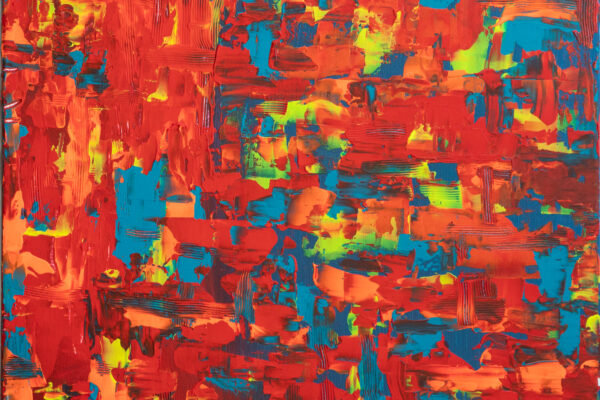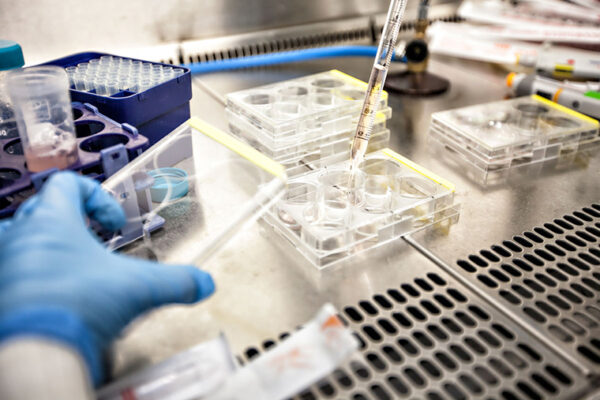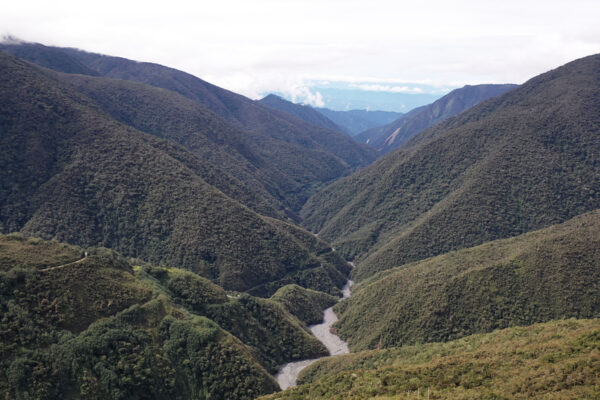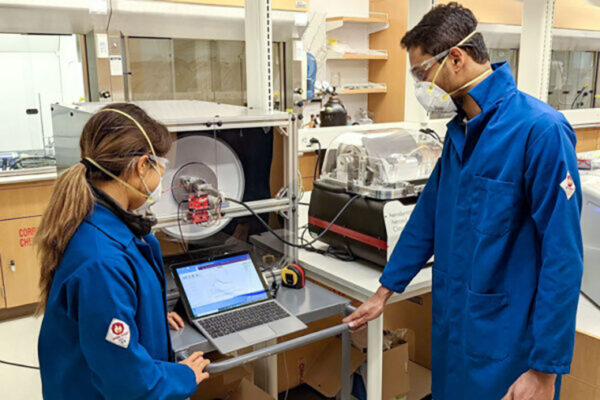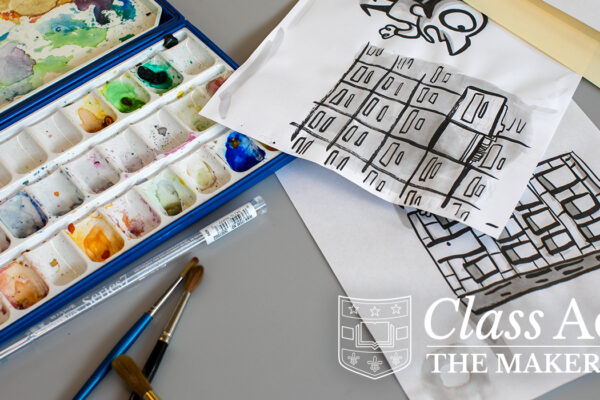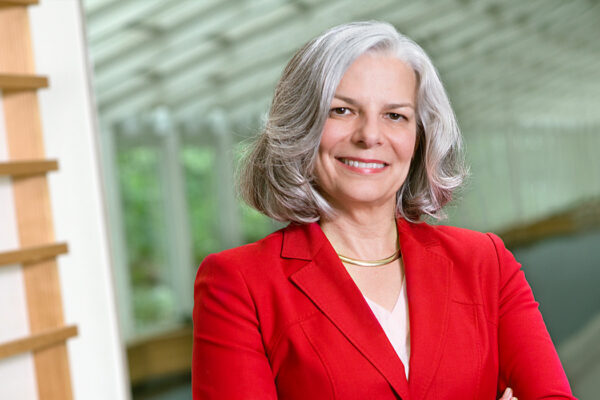Thurtene hosts benefit art auction this weekend
Thurtene, the Washington in St. Louis junior honorary, will host “Dream On,” a virtual art show and benefit auction, from noon Saturday, April 24 through Sunday, April 25. The art, which will be available to view starting at noon Friday, April 23, was submitted by local artists of all levels, from elementary school students to professional artists.
Personalized cancer vaccines for breast, pancreatic cancers show promise
Researchers at Washington University School of Medicine have shown that personalized cancer vaccines made using DNA can program the immune system to attack malignant tumors, including breast and pancreatic cancers.
How racial violence affects Black Americans’ mental health
Black Americans experience an increase in poor mental health days during weeks when two or more incidents of anti-Black violence occur and when national interest surrounding the events is higher, according to new research involving a researcher at Washington University in St. Louis.
Shifting mindset increases managers’ willingness to invest in new technology
When faced with a cutting-edge technological idea, business leaders who approach the idea in more concrete “how” terms — rather than in abstract “why” terms — are less likely to be deterred by its novelty and more likely to recognize its utility, which increases their propensity to invest in the idea, according to new research from the Olin Business School.
Prison Education Project wins Mellon Foundation grant
Washington University’s Prison Education Project has won a two-year, $980,000 grant from The Andrew W. Mellon Foundation. The award resulted from the Mellon Foundation’s “Future of Higher Learning in Prison” competition.
Mountain high
Sometimes overshadowed by neighboring Amazon forests, the forests of the Andes Mountains are helping to protect the planet by acting as a carbon sink, absorbing carbon dioxide and keeping some of this climate-altering gas out of circulation, according to biologists in Arts & Sciences and their partners from a Living Earth Collaborative working group.
Washington University researchers to design detectors of airborne SARS-CoV-2
A team of researchers at Washington University is developing devices to detect the virus that causes COVID-19 in the air.
Women seeking help for unmet needs often overdue for cervical cancer screenings
Scientists at Washington University found in a study that a new, more involved approach is needed to get women who need help with basic resources to undergo screenings for cervical cancer.
Class Acts: The Makers
Welcome to Class Acts, a celebration of remarkable graduating students. In our first installment, Class Acts showcases three incredible makers — artist Erin Lewis, engineer Alex Levy and pop-up market founder Noor Bekhiet.
Gerberding, first woman to lead CDC, will address 2020 graduates
Washington University in St. Louis is welcoming alumni from the Class of 2020 back to campus for in-person Commencement ceremonies on May 30. Julie L. Gerberding, MD, the first woman to serve as director of the Centers for Disease Control and Prevention, will deliver the address to the returning graduates, announced Chancellor Andrew D. Martin.
View More Stories
